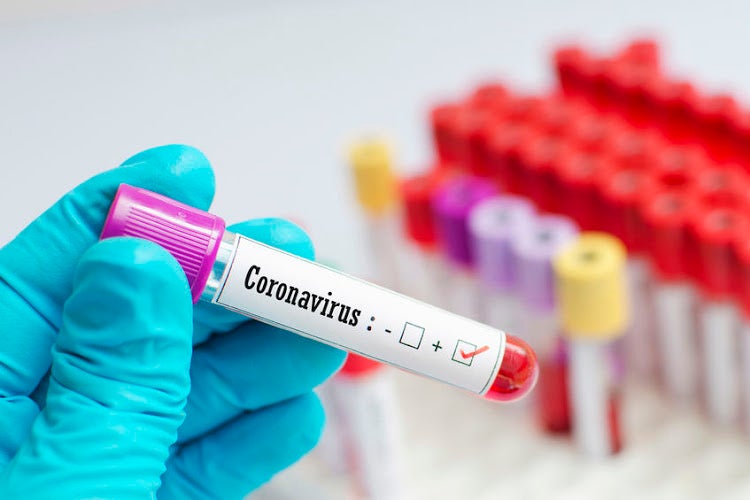Zimbabwe Hospital Doctors Association (ZHDA) has noted that it is possible for the government to reach its targeted 40 000 COVID-19 tests by end of April if it employs an aggressive door to door strategy.
In an interview with CITE, Dr Anele Bhebhe of ZHDA said the government should conduct more rapid tests instead of limiting testing only to those who would have shown symptoms of the virus.
Last week, chairman of the Inter-Ministerial Task Force on COVID-19, Vice President Kembo Mohadi announced during a tour of Coronavirus treatment facilities in Bulawayo that the target had been set as the country accelerated its efforts to eradicate the pandemic.
VP Mohadi explained that to reach the 40 000 COVID-19 tests, the government would make use of GeneXpert machines, which test for Tuberculosis (TB) but with the right equipment, they could be used to detect COVID-19.
“If the government runs rapid tests then the figure may be attainable but if they need to do diagnostic tests then we have a challenge,” said Dr Bhebhe.
“So far, the only places where diagnostic tests can be run are at National TB Reference Laboratory at Mpilo Central Hospital in Bulawayo and the National Reference Laboratory housed at Sally Mugabe Central Hospital in Harare due to limited machinery.”
Dr Bhebhe said although the issue of incapacitation in terms of resources is inevitable in the ministry of health, the government will need to find ways of involving many people in these tests.
“There is need to extensively trace everyone who would have come into contact with COVID19 victims as well as all those at risk of contracting it. Rapid tests and screening needs to be done not to only limit the tests to people who would have manifested symptoms,” he said.
“The criteria being currently used is highly limited. At least if more people are involved in the testing and screening process then at least 500-1000 tests can be done per day.”
Dr Bhebhe reiterated that the government should take heed of standards being set by neighbouring countries in terms of carrying out tests.
“South Africa at one point was conducting door to door testing. If the government could at least adopt such mechanisms then we could get somewhere,” Dr Bhebhe said.
“The best option is to go to the people and test them rather than wait for them to come to the request for medical assistance.”
Last week, VP Mohadi said the government was distributing testing equipment which includes rapid results equipment and the Polymerase Chain Reaction (PCR) machine for confirming results so that each and every province does the tests and also sends it for confirmation.

